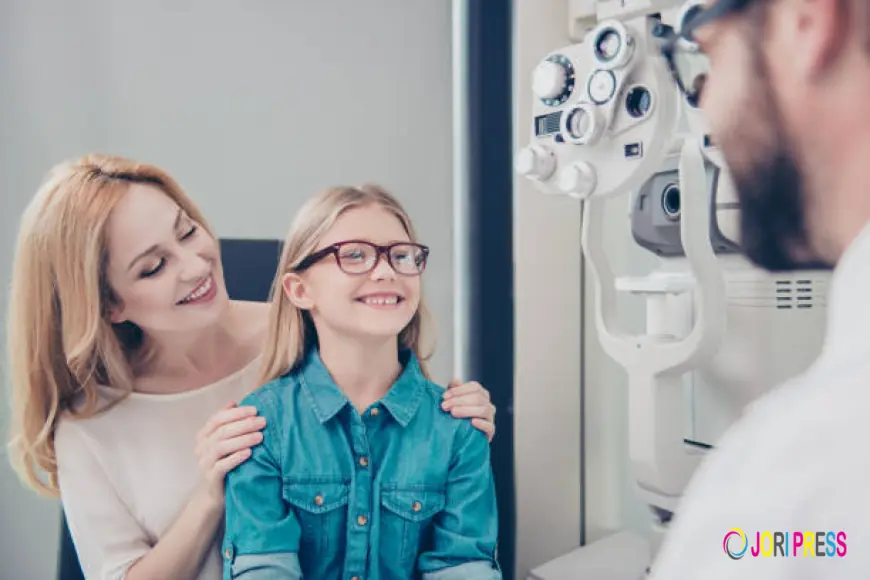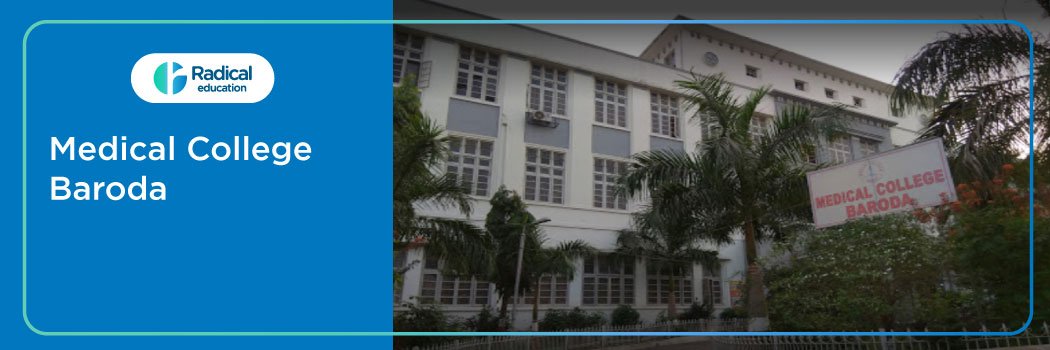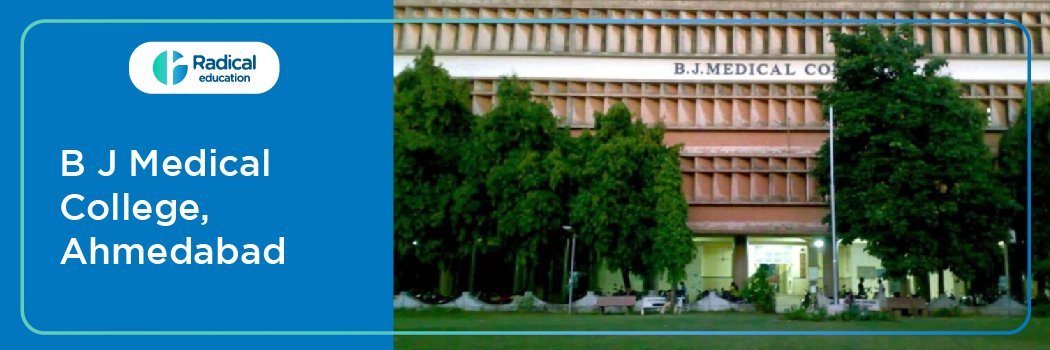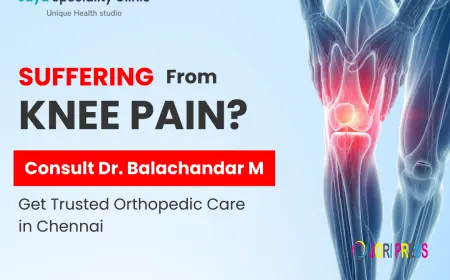Eye Care Services Every Family Should Know About
Discover essential eye care services every family needs, from routine eye exams to advanced treatments, ensuring lifelong healthy vision for all ages.

Comprehensive eye care services extend far beyond basic vision testing to include specialised services for children, adults, and seniors, addressing everything from routine vision correction to complex conditions requiring ongoing management.
Families navigating eye care often don't know what services exist, which they actually need, or when to seek help beyond standard eye tests.
Eye health services encompass a broad spectrum of care, from preventive examinations to emergency interventions. Understanding available services helps families make informed decisions about eye health rather than reacting to problems after they develop.
Here's what optometric services every family should understand, use appropriately, and access when needed.
Comprehensive Eye Exams
These differ fundamentally from basic vision screenings offered at schools or driver license centres.
Comprehensive examinations assess eye health internally and externally, checking for diseases, monitoring existing conditions, and evaluating how well visual systems function beyond just clarity.
Testing includes visual acuity, refraction for glasses prescriptions, eye alignment and movement, focusing ability, peripheral vision, colour vision, and internal eye health through dilated examination.
Advanced imaging when indicated provides detailed views of retinal structures, optic nerves, and internal eye anatomy. This technology detects subtle changes indicating early disease before symptoms develop.
Comprehensive exams form the foundation of preventive eye care. They're not just for people experiencing problems. Regular examinations catch issues early when treatment outcomes are best and intervention complexity is lowest.
Frequency recommendations vary by age and risk factors, but most Australians benefit from examinations every one to two years minimum, more frequently for high-risk individuals or those with existing conditions.
Vision Screening for Children
Early detection of childhood vision problems prevents permanent visual impairment and removes barriers to learning and development.
Paediatric vision screening differs from adult testing. It assesses developmental milestones, tracks visual maturation, and identifies conditions that respond best to early intervention.
Key screening points include infancy (6-12 months), preschool age (3-4 years), and before school entry. These screenings catch problems during critical developmental windows when treatment effectiveness is highest.
School screenings, while valuable, often miss significant problems. They typically test only distance acuity, completely missing near vision problems, eye coordination issues, and functional vision deficits affecting learning.
Professional vision screening for children includes age-appropriate testing of visual acuity, eye alignment, tracking, focusing, and binocular vision. These comprehensive assessments identify problems school screenings routinely miss.
Parents should seek eye care services earlier if they notice signs like frequent eye rubbing, squinting, holding objects unusually close, poor hand-eye coordination, or avoiding visual tasks.
Prescription Glasses & Contact Lenses
Vision correction remains the most common eye care service, but modern options extend far beyond basic single-vision glasses.
Prescription glasses now include specialised lens designs for specific needs: computer glasses optimised for screen distance, occupational lenses for tradespeople requiring multiple focal distances, and sports-specific eyewear providing vision correction with impact protection.
Contact lenses suit active lifestyles and specific vision conditions. Modern lenses include daily disposables for convenience and eye health, specialized designs for astigmatism, multifocal options for presbyopia, and even lenses that slow myopia progression in children.
Proper fitting matters enormously for both glasses and contacts. Poorly fitted frames cause discomfort and headaches. Incorrectly fitted contacts risk serious eye health complications.
Professional dispensing ensures prescriptions translate accurately into comfortable, effective vision correction rather than just technically correct but practically inadequate glasses or contacts.
Blue Light & Digital Eye Strain Care
Modern life involves unprecedented screen time creating new eye health challenges.
Digital eye strain causes discomfort, fatigue, headaches, and temporary vision problems from extended device use. It's not imagination. It's a real condition with measurable causes and effective treatments.
Symptoms include tired eyes, difficulty focusing, headaches, dry eyes, and neck/shoulder pain. These result from sustained near focus, reduced blink rates, and suboptimal viewing conditions.
Professional assessment identifies contributing factors: inadequate prescriptions, binocular vision problems, poor workstation ergonomics, or lighting issues.
Blue light filtering lenses reduce potentially harmful blue light exposure from screens. While research continues on long-term effects, many users report reduced eye strain and improved sleep when using blue light filtering options.
Environmental modifications, proper prescriptions, and vision therapy when appropriate all help manage digital eye strain effectively.
Treatment of Common Eye Conditions
Many eye conditions require professional management beyond just monitoring.
Dry eye affects millions of Australians, causing discomfort, vision fluctuations, and potential corneal damage. Treatment ranges from artificial tears to prescription medications and in-office procedures addressing underlying causes.
Allergic conjunctivitis makes eyes itchy, red, and uncomfortable during allergy seasons. Professional treatment provides more effective relief than over-the-counter drops alone.
Blepharitis, inflammation of eyelid margins, causes chronic discomfort and increases infection risks. Proper treatment prevents complications and improves comfort significantly.
Eye infections require prompt professional attention. While some resolve independently, others cause serious complications if untreated or treated inadequately with over-the-counter products.
Red eyes, discharge, pain, or sudden vision changes warrant professional evaluation rather than self-treatment with pharmacy products.
Pediatric Eye Care
Children's eye care requirements differ substantially from adult services.
Visual development continues through early childhood. Monitoring ensures eyes develop properly and problems receive intervention during critical periods when treatment works best.
Myopia management addresses progressive nearsightedness affecting increasing numbers of children globally. Specialised treatments including specific contact lenses and atropine drops slow myopia progression, reducing eventual prescription strength and associated eye health risks.
Learning-related vision problems often go unrecognized. Comprehensive paediatric examinations assess visual skills required for successful learning: tracking, eye teaming, focusing flexibility, and visual processing.
Childhood eye injuries require specialised care. Paediatric eye care providers understand unique considerations for treating children's eyes and preventing complications.
Parents often underestimate children's eye care needs. Kids don't know their vision is abnormal because they have no comparison. Professional evaluation identifies problems children cannot articulate.
Senior Eye Care
Aging eyes face increased risks requiring specialized attention and monitoring.
Age-related macular degeneration threatens central vision in seniors. Early detection allows treatments that slow progression significantly, preserving functional vision for years longer than untreated cases.
Glaucoma screening becomes critical after 50. The disease often shows no symptoms until significant damage occurs. Regular monitoring catches elevated pressure early when treatment prevents vision loss.
Cataract evaluation determines optimal surgery timing. Too early and unnecessary surgical risks are taken. Too late and quality of life suffers unnecessarily. Professional monitoring balances these considerations.
Presbyopia affects everyone eventually, making near vision difficult without correction. Modern lens options provide solutions far superior to basic reading glasses.
Many seniors take medications affecting eyes: corticosteroids increasing glaucoma risk, antihistamines worsening dry eye, or medications causing vision changes. Regular monitoring catches these effects early.
Emergency Eye Care
Eye emergencies require immediate professional attention, not waiting for regular appointments.
Chemical exposures, particularly with alkaline substances, cause progressive damage. Immediate irrigation followed by urgent professional care prevents permanent injury.
Sudden vision loss, even if temporary, indicates serious problems potentially including stroke, retinal detachment, or vascular occlusions. Emergency evaluation is non-negotiable.
Eye trauma, even seemingly minor injuries, can hide serious internal damage. Professional examination after any significant eye injury prevents complications from undiagnosed problems.
Flashes of light or sudden floater showers indicate possible retinal tears or detachment. Urgent examination within hours prevents permanent vision loss from conditions caught and treated promptly.
Severe eye pain, particularly with light sensitivity and vision changes, suggests serious conditions like acute glaucoma requiring immediate treatment to prevent blindness.
Surgical & Specialty Services
Some conditions require surgical intervention or specialised care beyond routine optometry.
Cataract surgery remains one of the most successful surgical procedures performed. Modern techniques provide excellent outcomes with minimal discomfort and rapid recovery.
Laser vision correction suits appropriate candidates seeking independence from glasses or contacts. Thorough evaluation determines candidacy and manages expectations realistically.
Retinal specialist referrals address conditions like diabetic retinopathy, macular degeneration, and retinal tears requiring specialised surgical or medical management.
Corneal specialists manage complex corneal diseases, transplants, and conditions requiring expertise beyond general eye care.
Low Vision & Rehabilitation Services
When standard treatments cannot restore normal vision, low vision services maximize remaining sight functionality.
Specialised magnification devices, lighting modifications, and adaptive strategies help people with permanent vision loss maintain independence and quality of life.
These services particularly benefit individuals with macular degeneration, advanced glaucoma, diabetic retinopathy, or other conditions causing significant vision loss despite treatment.
Rehabilitation teaches techniques for using remaining vision most effectively, adapting environments, and using assistive technologies.
Conclusion
Comprehensive eye health services extend far beyond basic vision testing to address the full spectrum of eye care needs across all ages and conditions.
Families benefit from understanding available services, knowing when each is appropriate, and accessing care proactively rather than reactively.
From routine examinations catching problems early to specialised interventions managing complex conditions, eye care services exist to preserve vision, enhance visual function, and maintain eye health throughout life.
Need guidance on which eye care services suit your family's needs? Contact Optometry@Cooroy for comprehensive eye health services addressing everything from routine examinations to specialised care, all delivered with expertise and genuine concern for long-term vision health.
Author Bio: Optometry@Cooroy provides comprehensive eye care services for families throughout the Sunshine Coast region. Their team combines advanced diagnostic technology with personalised care, ensuring each patient receives thorough examinations and appropriate treatments tailored to individual vision needs and eye health requirements.
What's Your Reaction?
 Like
0
Like
0
 Dislike
0
Dislike
0
 Love
0
Love
0
 Funny
0
Funny
0
 Angry
0
Angry
0
 Sad
0
Sad
0
 Wow
0
Wow
0
















































